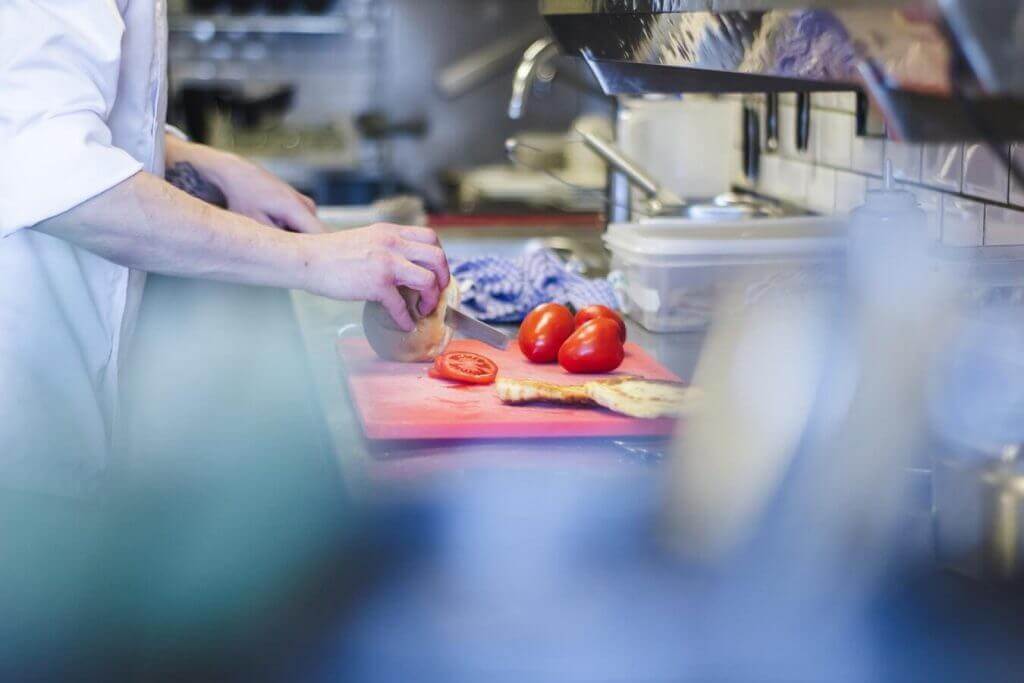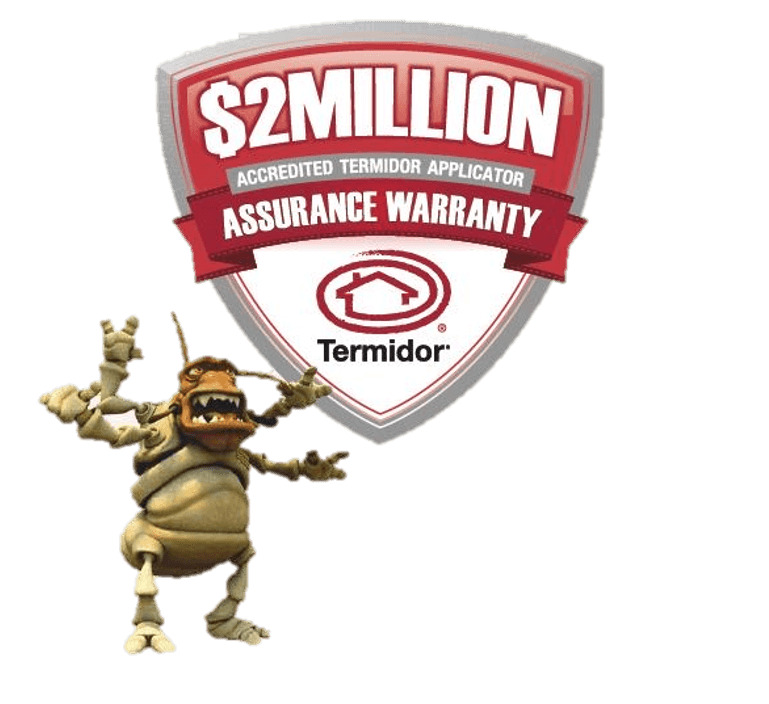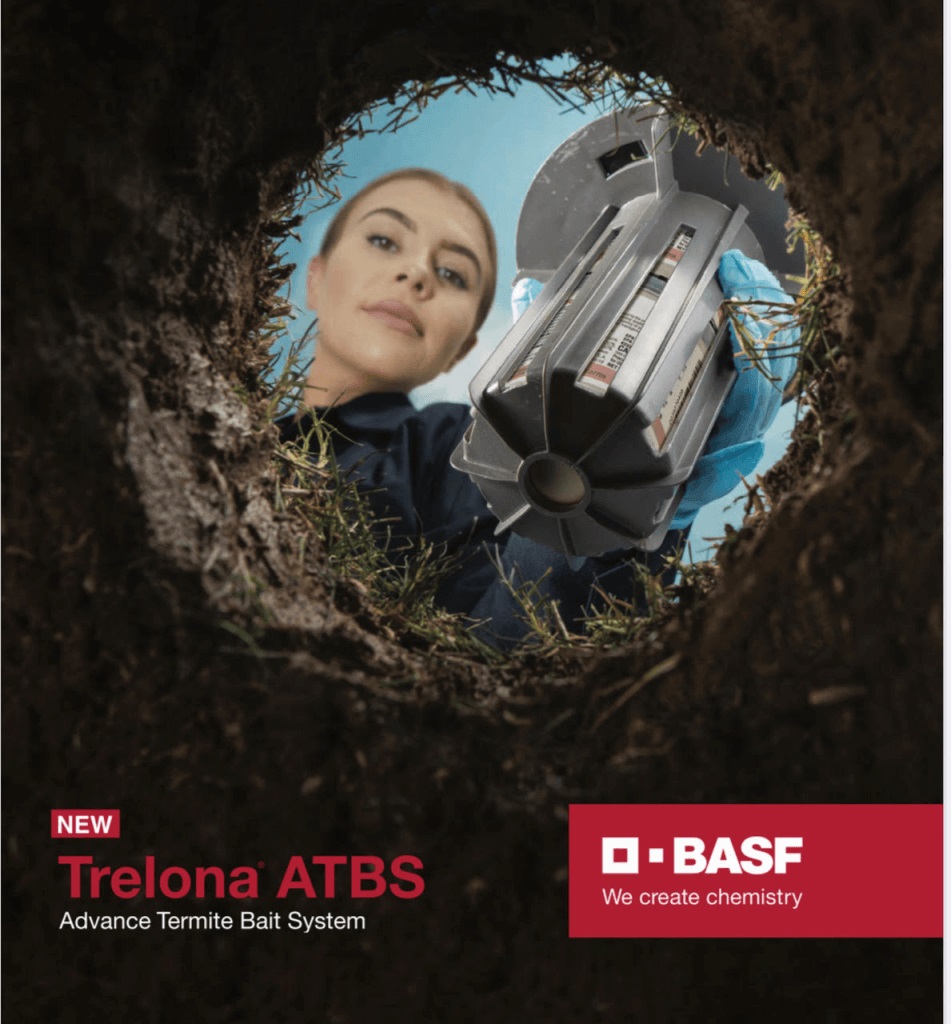Importance of Pest Control For Food Industry Businesses – Food Industry Pest Control
The food industry is all over the worldwide industry. Whether or not a restaurant is in the neighbourhood or has branches around the area. Among ordinary concerns is that all food premises have pest problems and should be under control at all times.
This is why you need a pest control expert.
There are lots of ways pests may jeopardise your food industry business.
When a customer sees a pest in the kitchen, dining tables or signs of pests around their meals. They will start to question the sanitation steps of your business.
Rats, rodents and cockroaches are famous for bringing down the reputation of any food industry business.
But did you know that these pests also happen to the carrier of various diseases which could be passed on to your patrons?
Additionally, pests such as beetles, birds, moths and other insects may also wreak havoc within your food premises.
Why You Need Pest Control Expert In the Food Industry
Controlling an infestation within your company is not an easy job.
Ants, beetles, cockroaches, rats, and rodents are different from each other since the places they hit on your restaurant and the food they decide to feed is not completely the same.
As their method of infestation differs, it is much harder because the treatment against the infestation has to be targeted efficiently and with accuracy.
Let us look at every pest and distinguish them based on their attributes, diet, hideouts, and also techniques for a remedy from an infestation.
Rats & Mice – Food Industry Pest Control
Rats are possibly the most evident among the rest of the pests. You would not wish to find a rat in your kitchen, at home, especially at a restaurant you are dining at.
It’s safe to state that a rat infestation is a complete no-no. Rats breed fast. Therefore, before you know it. There may be a chance that the infestation has gone entirely out of control.
Rats have sharp teeth, which continue to grow throughout their lifetime. Gnawing at meals, plastic, electric wiring, and such will also help sharpen their teeth.
Kitchens and restaurants are packed with food. Additionally, they make fantastic hideouts that attract heaps of rats and mice.
Dangers Of Rat & Mice Infestation
Primarily, rats ruin food, and they can easily contaminate them. This means that you may need to buy new stocks and equipment that they ruined or damaged.
You also need to think about the number of health problems rats might be transmitting in the vicinity of your restaurant and kitchen.
Frequently mistaken as rats, mice are a part of an identical household; however, they tend to prefer eating more of grains and wheat in particular.
Mice have a particular fondness for areas where food is cooked and stored.
Cockroaches in the Food Industry
All business kitchens that contain water and food will certainly attract cockroaches. Furthermore, there’s always at least one entryway for cockroaches to discover a means in.
Cockroaches roam the filthiest of areas. Hence, they take along different organisms and bacteria with them which may lead to respiratory and digestive ailments.
Not only is this detrimental to your clients but your employees too!
Do you want to get out as a restaurant that has a suspicious sanitation degree?
What About Ants? – Food Industry Pest Control
The point is, food brings ants!
When ants get in contact with your food, it means it’s contaminated.
Ants roam around as a group, which means you can easily see them walking towards a source of food. Ants retain filthy things like rubbish, dead animals, and feces, then they land on meals to contaminate them.
It’s an established actuality that ants thrive in unhygienic conditions, and they can result in numerous gastrointestinal problems and ailments.
Where Do Ants Stay?
Attracted to meals in each form — ready or unprepared — ants can perform numerous amounts of damage to your new or stored food items. Therefore, resulting in a monetary reduction in the necessity to substitute the ant-infested products.
Why Food Industry Should Be Concerned About Pests – Food Industry Pest Control
Pests can be attracted into the food processing center throughout the distribution chain, at the packaging or ingredients, and the center itself. This will bring in pests via food odors and light. Furthermore, the buildings provide shelter, heat, water, food, and security from predators, which are perfect conditions for regeneration unless proper action is required.
Control of pests in food processing demands the execution of an Integrated Pest Management program. This has three primary steps: review, diagnosis, and treatment however is an intricate procedure that needs specialist expertise to execute to attain licensed food criteria and comply with laws.
What Are The Steps To An Effective Food Industry Pest Control?
Pest from the food and drink processing business is a higher risk threat since it can lead to contamination and harm raw materials in a variety of ways. Besides impacting your shares, a pest infestation can also lead to loss of earnings, clients’ confidence, penalties as well as prosecution.
Hence, early detection and constant monitoring are important to lessen the chance of insect infestation. Working with pest control experts like ABC Pest Control, we’re not only cleaning for food producers/processors but checking all the food distribution chains as well to make sure your criteria and those of your clients and auditors won’t be compromised.
Call A Pest Control Expert Today
An extensive pest management program must rigorously comply with several guidelines and be made to decrease the possibility of adulteration. Hence reporting and documentation are important to examine and examine your pest control program for auditors to analyze, permitting traceability simpler when problems arise.
Measure 1: Inspection
The basis of a successful IPM program is a program of routine inspections. For food processors each day reviews are typical, and a few plants inspect much more often. These regular inspections should concentrate on areas where insects are likely to look — getting docks, storage areas, employee break rooms, websites of current fixing clogs, etc. — and determine any possible entry points, water, and food resources, or harborage zones that may promote pest issues.
Measure 2: Preventive Maintenance
As routine tests show vulnerabilities in your pest control program, take action to address them until they cause a real issue. Among the best prevention measures is an exception, i.e., executing structural upkeep to shut potential entry points shown through inspection. By keeping pests out, you can cut down on the demand for chemical countermeasures. Similarly, sanitation and housekeeping will remove possible food and water resources, thereby decreasing pest control.
Measure 3: Diagnosis
Various pests have various behaviors. Professional pest control always begins with the right identification of the insect in question. Ensure that your pest management supplier undergoes rigorous instruction in pest control and behavior.
Measure 4: Diagnosis
As soon as you’ve correctly identified the pest, then you have to determine why the insect is in your own facility.
Can there be food moisture or debris accumulation that might be bringing it? How will the fleas find their way — possibly through the walls or floors? Can incoming imports be infested? The answers to those questions will cause the very best selection of management methods.
Measure 5: Remedy Choice
IPM stresses using non-chemical control procedures, such as grief or trapping, before medication choices. When other management approaches have failed or are inappropriate to the circumstance, compounds might be utilized in least volatile formulas in concentrated regions to see to the particular pest. To put it differently, use the ideal remedies in the ideal places, and just as far as you want to find the task finished.
Many times, that the “appropriate treatment” will include a blend of answers, from chemical remedies to baiting to trapping.
However, focusing on non-chemical choices initially, you can make certain that your pest control program is efficiently removing pests in minimum threat to your own food protection program, non-target organisms and the environment.
Measure 6: Tracking
Since pest control is a continuous process, continuously monitoring your centre for pest control and operational and facility changes can shield against infestation and also help remove present ones. You do not wish to drop a day when it comes to responding to a real pest existence.
Measure 7: Assessing
Let us face it, the food security auditor’s trip can make or break your organization. Since pest management may account for as many as 20% of your overall score, it is critical your IPM application is prepared to showcase encounter audit time.
Up-to-date pest management documentation is among the very first indications to an auditor your facility requires pest management seriously.
Dangers Of Pests To Food Industry
- Harm to buildings and fittings; the brown rat may also cause considerable damage to sewage systems. Rats are the most dangerous pest, according to the Rentokil poll, together with damage to electric equipment the most frequent difficulty;
- harm to machines resulting in production downtime — 20 percent of organizations surveyed had endured from that;
- Pollution and access paths with urine, droppings, and filth picked up in the surroundings;
- harm to food containers and packaging;
- eating the food in shops and bundles;
- pollution of food with droppings, urine, filth;
- rodents take ectoparasites, such as fleas, ticks, lice and fleas and are consequently also vectors for the ailments that these take;
- rodents are reservoirs for several mosquito-borne ailments.
Why You Need An Expert For Pest Control – Food Industry Pest Control
The presence of pests in food production and preparation areas has always been unacceptable.
Yet while the pest management industry has seen many advances in monitoring and baiting techniques in the past 30 years. Some of the practices in the food industry have not kept up with these new techniques. Concerns about the environment and the requirements by regulators for improved practices in the industry have meant that new methods to control pests have had to be devised.
Food Industry – Pest Threats
As the food processing industry reevaluates what security means for their customers and their small businesses. Pest control has to be a significant element in food safety and sanitation.
No longer can pest control be relegated to a secondary priority, nor will it drop through the cracks of misunderstood criteria. This is placing the lives and well-being of consumers in danger.
Focusing on pest control programs can go a long way in maintaining the organization’s reputation completely and its products safe for customers.
Threat To Your Food Production Business – Food Industry Pest Control
In food production and storage facilities, pest control is recognized as a requirement. Nonetheless, in practice, when every penny and every second has to be invested strategically, the necessary financial and time commitment given to appropriate pest control will fluctuate. The crucial significance of pest control can sometimes be lessened and also rationalized away whenever there are financial choices to be made concerning daily surgeries.
Nevertheless, a constant focus on creating a pest control program–one which includes routine inspections and inspections.
As well as proactive pest-proofing steps and a direct action plan to set up when confronted with a possible infestation. It is vital for supplying consumers with safe and healthy food items.
Corporate Food Industries
Corporate executives and meal supervisors have to make certain that all connections within the food security chain are appropriately preserved. With pest control an essential link.
Strong pest control practices can often lay the basis for complete best practices.
When food centres understand the dangers posed by insects. Acknowledge the substantial contamination dangers and fully understand the value of being proactive in pest control.
They could then attain the advantages of working at their safest and most efficient manufacturing amounts.
Contact Us Today – Food Industry Pest Control
Are you looking for the best pest control Sydney services that are affordable and effective? Have you been searching for a company that is trusted and reliable in providing the best value for your money?
Prevention is the best solution when it comes to pest attacks. It’s better to be safe than sorry.
If you’ve got pest control in your food industry. Act now and don’t wait until it’s too late. Contact a professional pest control expert now! Easily book us here. Call us 1300 411 970 .




